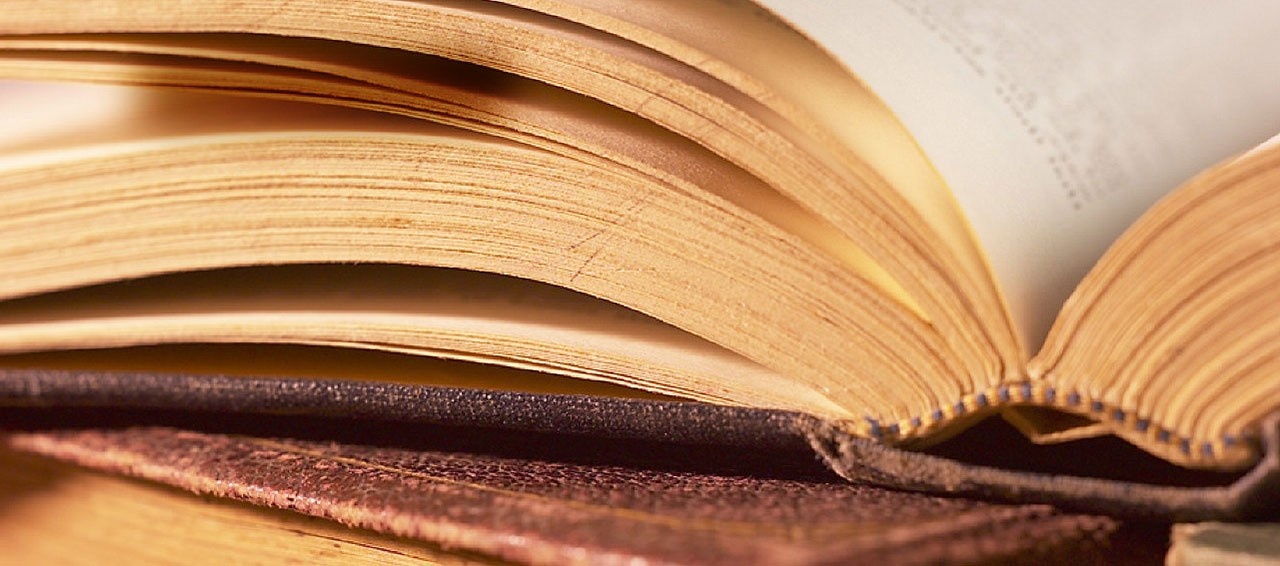ENGL 5812 Ideas of the Western
In “The Gift Outright,” Robert Frost famously described the landscape of America as “vaguely realizing westward,” and his line beautifully and succinctly reminds us of the tenacious hold that the idea of the west has had on the American (and in a somewhat different way, the Canadian) imagination. More subtly, it also suggests that the west has always been in part a product of the imagination, something poised “vaguely” between reality and dream, always the changing product of an ongoing process of realization. This creates something of a paradox, since the west has so often been imagined as a place where one can finally dispense with the frauds and fictions of civilization and get in touch with an unforgiving, but at the same time salutary reality; but a the same time, the most perceptive analysts of the idea of the west have recognized that it has been entangled with sometimes destructive fantasies from the beginning, at the same time as they are often unwilling to simply let those fantasies go. In this course we will look at some of the forms that this paradox has taken, in literature and film, and what forces, desires, and purposes those forms have served. Readings will range from classic embodiments of the western myth, such as The Virginian and Riders of the Purple Sage, to “revisionist” works like Blood Meridian and The Englishman’s Boy. As well, we will look at cultural and critical writing about the meaning of the west from Frederick Jackson Turner to Patricia Nelson Limerick.
